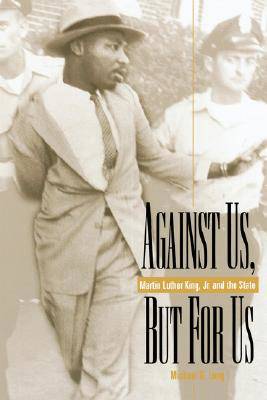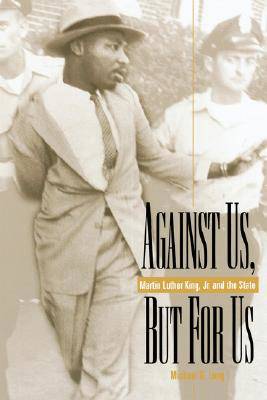
- Retrait gratuit dans votre magasin Club
- 7.000.000 titres dans notre catalogue
- Payer en toute sécurité
- Toujours un magasin près de chez vous
- Retrait gratuit dans votre magasin Club
- 7.000.0000 titres dans notre catalogue
- Payer en toute sécurité
- Toujours un magasin près de chez vous
Description
First, King understood the State to be reflective of and involved in the creating, preserving, and reconciling work of God. Long contends, the foundation of this view is King's christologically grounded vision of the beloved community. While King understood the State to be deeply sinful, he affirmed the role of the State in creating, preserving, and reconciling work of God. Like the individuals that make up the State, the State is not only a force of good, but also of evil.
Second, King's theological understanding of the State remained relatively constant in most of its fundamental elements but developed in substantive content and expression throughout his life. With this argument, Long counters King scholarship that posits a radical transformation between the first decade and the last three years of King's ministry.
Third, King's understanding of the state has its roots in the African-American tradition he experienced through his family and his Morehouse professors -- many of whom were Black Baptist preachers as well as in European-American religious and republican traditions. Identifying King's thought as that of a bricoleur -- a moralist who uses moral languages for his own use -- Long warns against a tendency to dismiss the interconnections between the African-American and European-American dimensions of King's education. King was a black bricoleur. Finally, the root of King's understanding of the State is not incivic republicanism, theological liberalism, Marxism, Niebuhrian realism, or in any other such school, but in the religious tradition he experienced at home and at college.
Spécifications
Parties prenantes
- Auteur(s) :
- Editeur:
Contenu
- Nombre de pages :
- 280
- Langue:
- Anglais
Caractéristiques
- EAN:
- 9780865547681
- Date de parution :
- 01-03-02
- Format:
- Livre relié
- Format numérique:
- Genaaid
- Dimensions :
- 162 mm x 235 mm
- Poids :
- 557 g

Les avis
Nous publions uniquement les avis qui respectent les conditions requises. Consultez nos conditions pour les avis.






